Your heart, a tireless organ that continuously pumps blood throughout your body, occasionally needs a little additional care. The equipment that serves as a watching guardian for your heart’s rhythms is ambulatory ECG monitoring, also known as a Holter Monitor or event monitor. We will discuss the Ambulatory ECG Monitoring Test in this blog post, including what it is, why it’s crucial, and how it might improve heart health.
Before going to that part, if you need to do this test and you are looking for the Best Ambulatory ECG Monitoring Centre In Australia, contact Heart Station. Here, you can get safe and accurate cardiac tests. You can even get free services if you have a referral from any general physician or cardiologist of Pimlico. We have trained professionals who can offer you the best test experience and accurate results.
Let’s get into the points:-
- What is Ambulatory ECG Monitoring?
- Why is it Important?
- Benefits of Ambulatory ECG Monitoring
What is Ambulatory ECG Monitoring?
Outside of a clinical context, ambulatory electrocardiogram (ECG) monitoring is a non-invasive diagnostic method that continually monitors and examines the electrical activity of your heart. It enables medical practitioners to keep an eye on your heart’s rhythm for a long time—typically for 24 hours to several weeks—and collect important information that can help with the diagnosis and treatment of different cardiac diseases.
Why is it Important?
Finding Hidden Cardiac Problems:
During a brief visit to the doctor’s office, some cardiac arrhythmias or abnormal heart rhythms may be erratic and challenging to identify. A more thorough image of your heart’s electrical activity is provided by ambulatory ECG monitoring, which aids in spotting anomalies that would not be seen during a quick ECG test.
Customised Monitoring:
The strategy for Ambulatory ECG Monitoring Test is not one-size-fits-all. Many devices are available to satisfy various purposes. For example, Holter monitors record data continuously for a full day, whereas event monitors record data only when symptoms occur or can be worn for weeks to record irregular heartbeats.
Correlation of Symptoms:
This technology can connect your cardiac rhythms and symptoms. The monitor can record your heart’s activity during symptoms like palpitations, lightheadedness, or chest pain, which can help with diagnosis and therapy planning.
If you are looking for the Best Ambulatory ECG Monitoring Centre In Australia, contact Heart Station to get the best and safest services. Here, you can even get free services under certain terms and conditions.
Benefits of Ambulatory ECG Monitoring:
Early Diagnosis:
Early arrhythmia detection is possible with ambulatory ECG monitoring, allowing medical professionals to start treating patients right away. It is especially crucial for diseases like atrial fibrillation, which, if untreated, raises the risk of stroke.
Customised Care:
An even more individualised approach to treatment is possible thanks to the information gathered from ambulatory ECG monitoring. Healthcare professionals can recommend the best remedy by comprehending the precise rhythm problems a patient is facing.
Comfort of Mind:
Ambulatory ECG monitoring gives comfort to people who occasionally show signs of cardiac abnormalities. It may attest to the health of their heart or offer proof in support of additional research and care.
Conclusion
The practice of ambulatory ECG monitoring is a vital component of cardiac care. It enables medical practitioners to identify concealed cardiac problems, adapt monitoring to meet specific needs and establish a link between symptoms and heart rhythms. Ambulatory ECG Monitoring Test plays a crucial part in protecting the health of your heart and offering you the peace of mind you deserve by enabling early diagnosis and customised therapy. Consider it a devoted protector of the health of your heart if your doctor suggests it. If you are looking for the Best Ambulatory ECG Monitoring Centre In Australia, contact Heart Station to get the best and safest services.

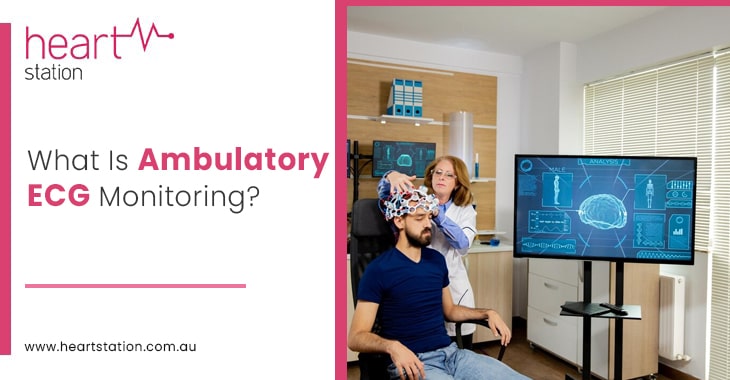
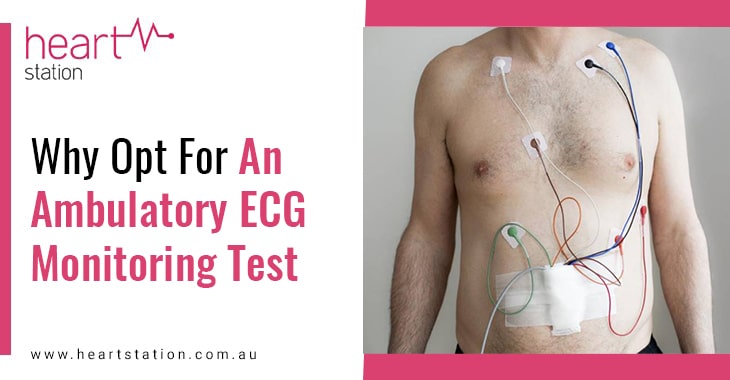
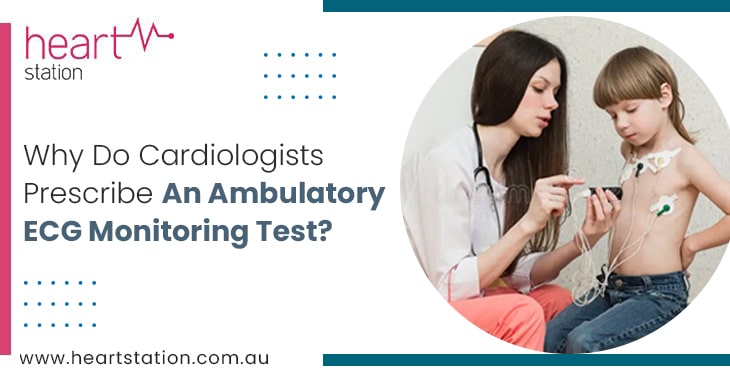
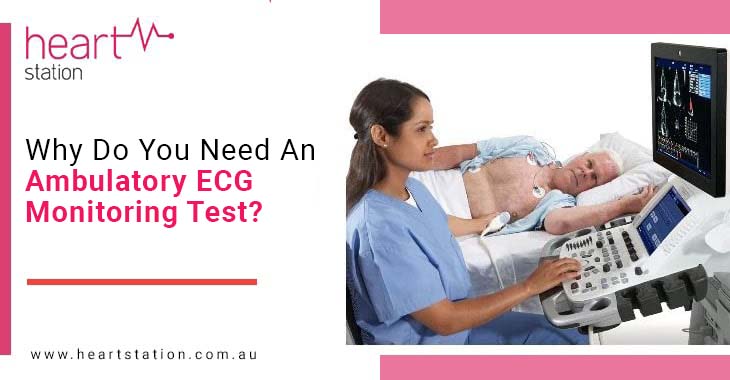
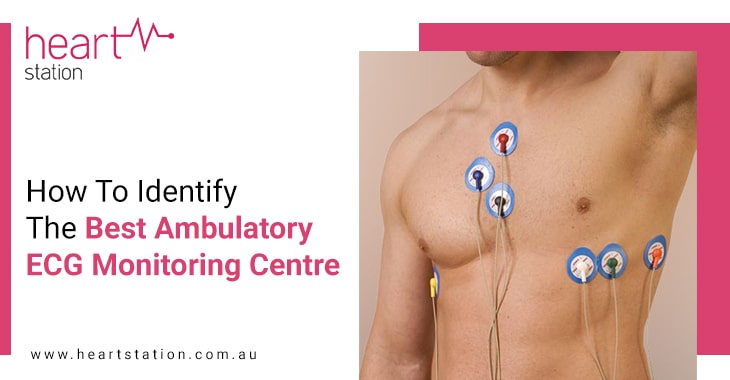
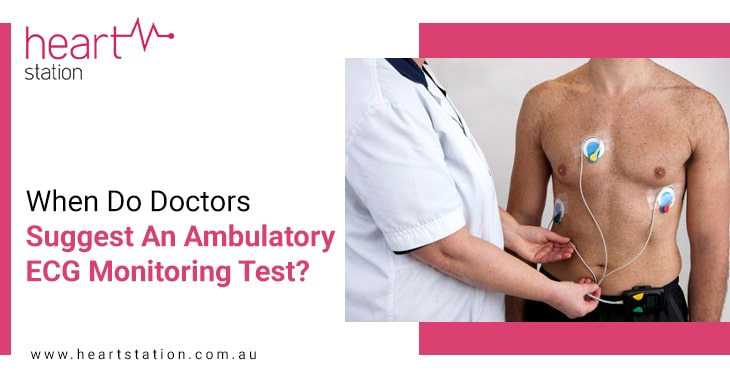
Recent Comments